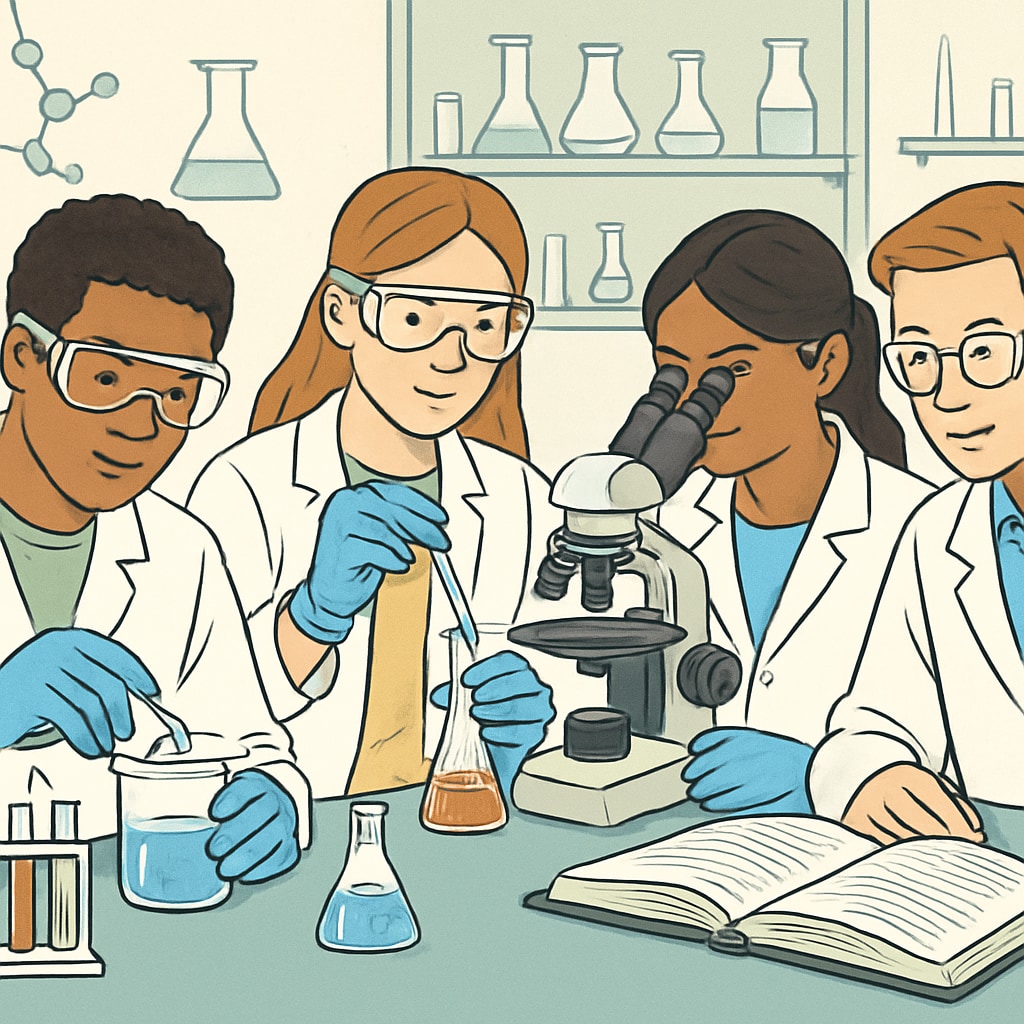For academically advanced ninth-grade students, having strong academic performance is just the beginning. Many of these gifted learners, especially those with clear career aspirations such as becoming neurosurgeons, require additional resources to supplement their school curriculum. Supplemental learning not only strengthens academic depth but also provides exposure to professional skills and promotes mental well-being. This article outlines a structured approach to designing effective learning paths for students with high academic potential and ambitious career goals.
Why Supplemental Learning is Essential for Academic Excellence
While traditional school education provides a solid foundation, it often lacks the depth and specific focus required for students with specialized career interests like neurosurgery. Neurosurgery demands expertise in biology, chemistry, anatomy, and problem-solving skills, as well as resilience and teamwork. Therefore, supplemental learning is crucial to bridge the gap between standard curricula and the rigorous demands of such professions.
Here are some key benefits of supplemental learning:
- Deeper exploration of advanced topics not covered in school.
- Development of practical skills relevant to career goals.
- Opportunities for hands-on experiences, such as internships or lab work.
- Improved psychological resilience and time management skills.

Designing a Balanced Learning Path for Aspiring Neurosurgeons
Creating a supplemental learning plan involves balancing academic depth, professional exposure, and personal growth. Below are key elements to consider:
1. Advanced Academic Resources
Students aiming for a career in neurosurgery should focus on subjects like biology, chemistry, and physics. They can benefit from online courses, such as those offered by Khan Academy, or specialized platforms like Coursera, which provide access to university-level courses in neuroscience and medicine.
2. Practical Experience
Hands-on learning is vital. Students can join summer camps focused on medical sciences, volunteer at healthcare facilities, or participate in research projects. For example, many universities host summer programs for high school students interested in STEM fields.
3. Career Mentorship
Aspiring neurosurgeons can benefit immensely from mentorship. Connecting with professionals in the field through platforms like LinkedIn or local networking events can help students gain insights into the day-to-day realities of the career.
4. Psychological and Emotional Health
Pursuing a demanding career requires mental resilience. Students should engage in activities that promote emotional well-being, such as mindfulness practices, physical exercise, or creative hobbies. Balancing study and relaxation is key to long-term success.

Tailoring Learning Paths for Unique Career Goals
Every student is unique, and their learning path should reflect their personal interests and ambitions. For example, some students may prefer immersive experiences, such as attending workshops or shadowing professionals, while others might excel through independent study using online resources.
Here’s a sample weekly schedule for a ninth-grade student aspiring to become a neurosurgeon:
- Monday: Online neuroscience course (1 hour).
- Tuesday: Volunteer at a local healthcare facility (2 hours).
- Wednesday: Mentorship meeting (1 hour).
- Thursday: Science lab practice (2 hours).
- Friday: Mindfulness session (30 minutes) and self-study (1 hour).
- Saturday: Attend a medical workshop or seminar (3 hours).
- Sunday: Rest and recreational activities.
Conclusion: Preparing for a Future in Neurosurgery
Supplemental learning is a powerful tool for academically gifted ninth-grade students, especially those aiming for demanding careers like neurosurgery. By combining academic depth, practical exposure, and mental resilience, students can build a strong foundation for their future professional endeavors. With the right resources and support, these young minds can confidently walk their chosen paths and achieve their ambitious goals.
Readability guidance: Short paragraphs, bullet points, and clear transitions ensure information is easily digestible for readers. Incorporating practical examples and external resources makes the article engaging and actionable.


